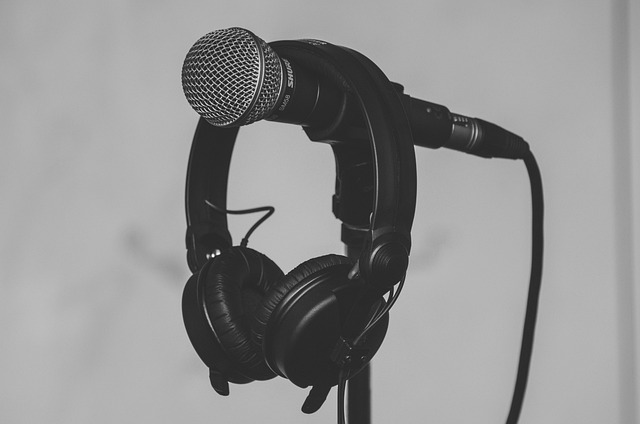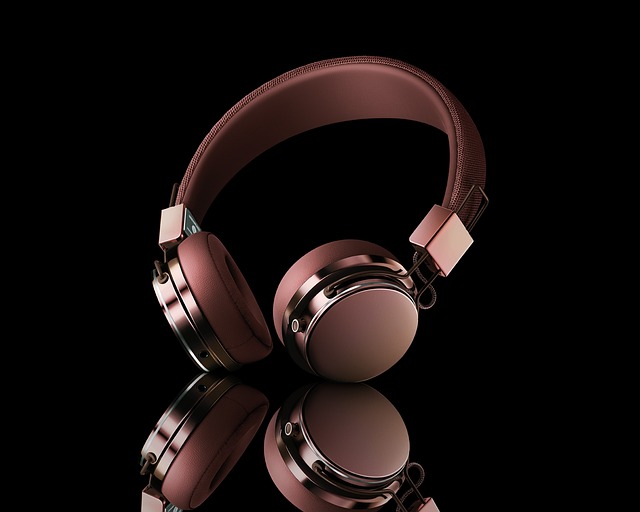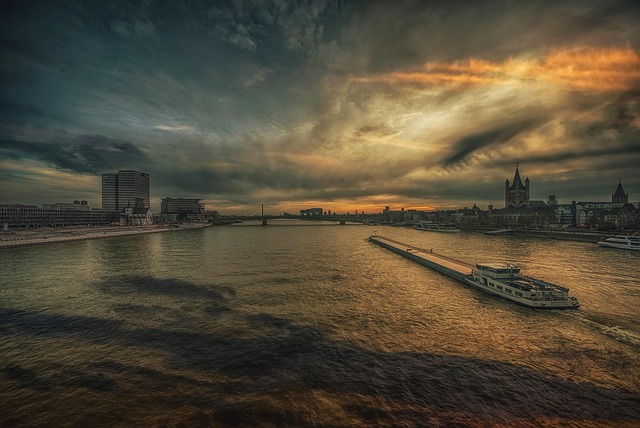The Timeless Charm of Analog: A Guide to Audio Recording
In today’s digital age, where technology evolves at lightning speed, the allure of analog audio recording remains a captivating subject for musicians, producers, and audio enthusiasts alike. There’s a palpable warmth and character that analog systems lend to recorded sound, transporting listeners to a different era where creativity flourished within the constraints of physical media. Let’s explore the fascinating world of analog audio recording and uncover its enduring charm.
The Rich Tapestry of Sound
One of the standout features of analog recording is the richness of its sound. Unlike digital formats that may compress audio waves, analog captures every nuance, producing a dynamic range that’s often described as more organic and lifelike. The subtle imperfections inherent in analog mediums, such as tape hiss and vinyl crackle, can evoke nostalgia, making the listening experience feel intimate and personal.
Creative Constraints Inspire Innovation
While modern digital recording offers limitless possibilities, the analog process often comes with its own set of constraints. The finite number of tracks available on a tape reel or the limited space on a vinyl record encourages artists to be more deliberate with their choices. This intentionality can spark creativity, leading to a more cohesive and inspired final product. Artists find themselves experimenting with different techniques, pushing the boundaries of their musical expression.
The Ritual of Recording
For many, the experience of analog recording is almost ritualistic. The tactile engagement with equipment, from setting tape speeds to adjusting the knobs on a vintage mixer, adds a layer of connection to the music. This hands-on approach invites musicians to embrace the imperfections of the process, making each session a unique journey. The warmth of the analog sound becomes intertwined with the memories created during those recording moments.
Reviving a Timeless Art
There’s been a resurgence of interest in analog recording techniques in recent years, with many new artists opting for traditional methods over digital options. Record labels are reissuing classic albums on vinyl, while independent studios are investing in high-quality analog gear. This revival is a testament to the timeless appeal of analog sound, affirming its place in the modern music landscape.
Getting Started with Analog Recording
If you’re interested in exploring analog recording, there are several ways to dive into this enchanting world. Consider visiting local studios that specialize in analog techniques or even investing in your own reel-to-reel tape machine or vinyl setup. Start with simple recordings to familiarize yourself with the equipment, and don’t be afraid to experiment with effects like tape delay or saturation to shape your sound.




